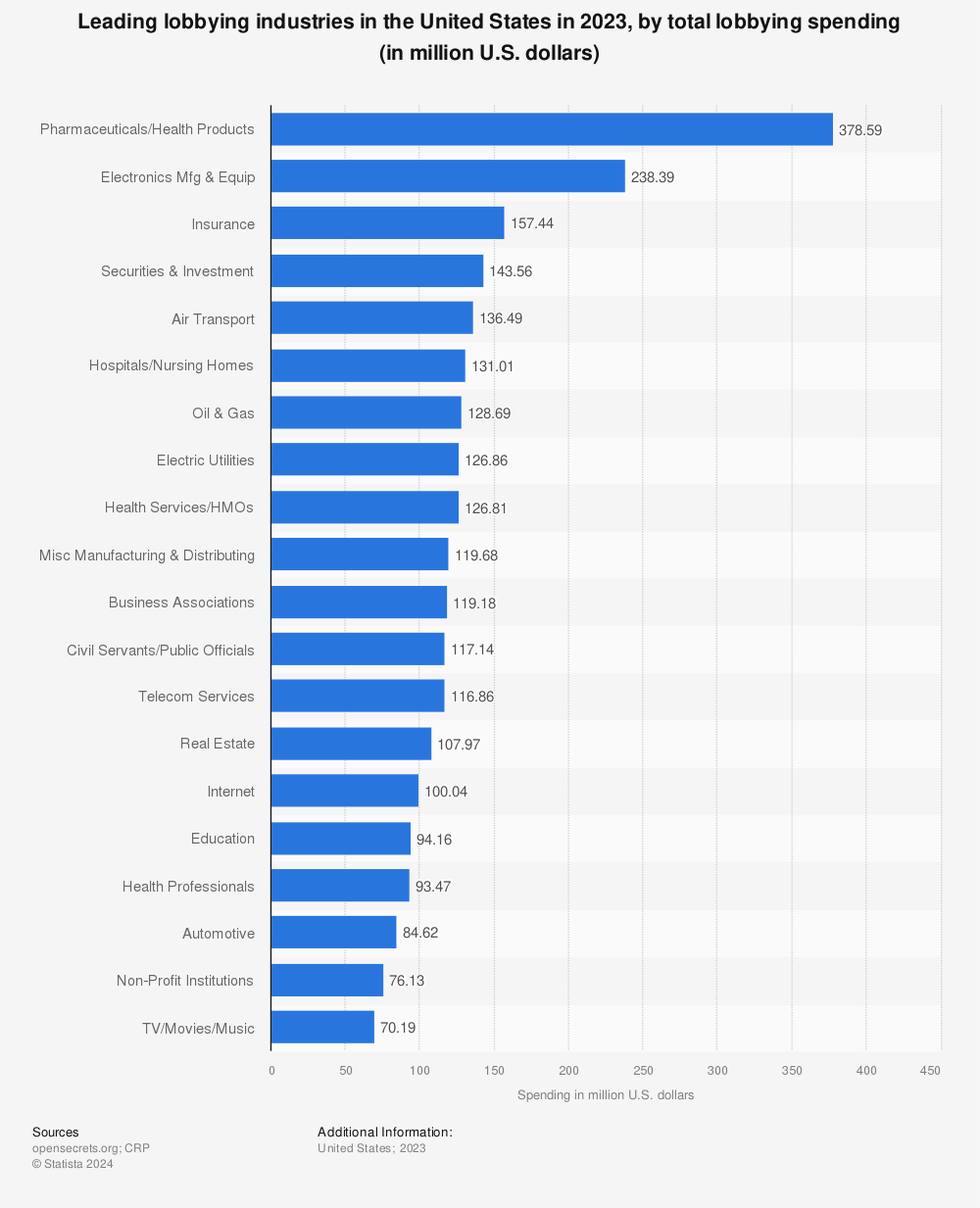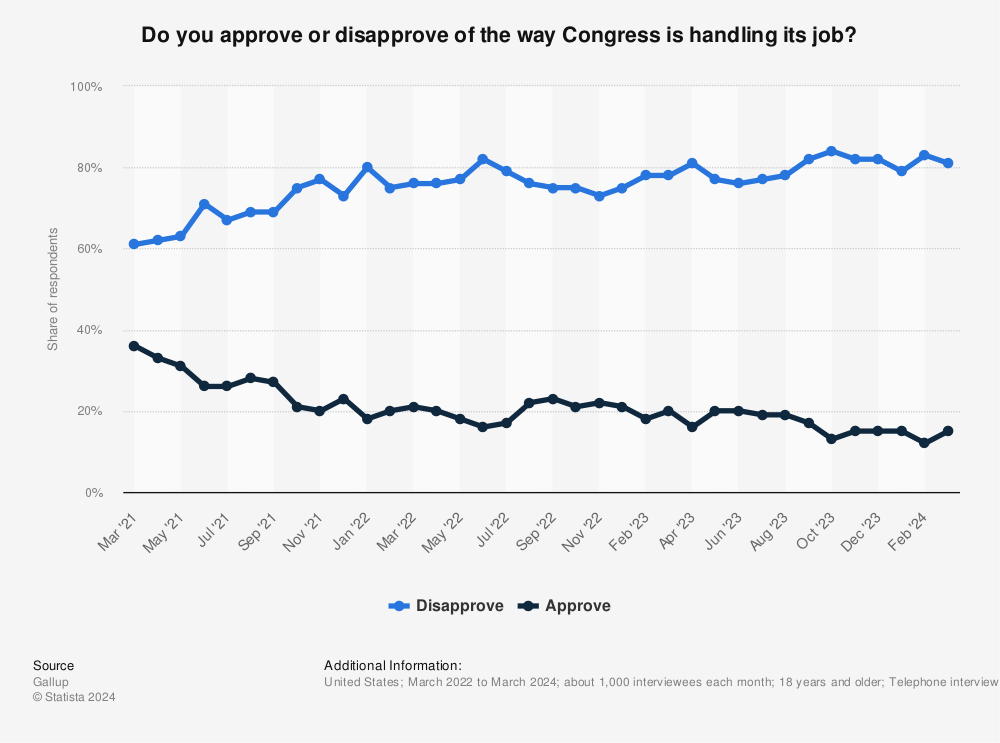A VIRTUAL CONGRESS
THE NEFF ZONE -- BY JIM NEFF
MARCH 28, 2020
One thing about being in shelter-in-place mode is that it gives us plenty of time to think. Thinking sometimes leads to discussion. At the end of the process there may even be a great idea.
What got me chugging along this train of thought was a recent article in Politico. They surveyed thirty smart, macro thinkers. What they are thinking is interesting, to say the least.
“A global, novel virus that keeps us contained in our homes is already reorienting our relationship to government, to the outside world, even to each other. But crisis moments also present opportunity: more sophisticated and flexible use of technology, less polarization, a revived appreciation for the outdoors and life’s other simple pleasures. No one knows exactly what will come.” Bet on this, though, we will never be the same. (https://www.politico.com/news/magazine/2020/03/19/coronavirus-effect-economy-life-society-analysis-covid-135579?cid=apn)
For the purposes of our own consideration here, let's focus on just one item in the article: “Is it time for Congress to finally go virtual?” This topic is apolitical because it equally applies to both sides of the aisle. It is also timely. A USA Today editorial stated this week: “Congress risks its very ability to function if it doesn't take steps to guard against the disease spreading through Capitol Hill. Most of its leaders, nearly half the Senate and more than a third of the House are older than 65 and, as such, at higher risk for serious illness from coronavirus. They need to begin planning now for ways to vote remotely.”
This leads use to the thoughts of Ethan Zuckerman, associate professor of the practice in media arts and sciences at MIT and director of the Center for Civic Media. "Coronavirus is going to force many institutions to go virtual. One that would greatly benefit from the change is the U.S. Congress. We need Congress to continue working through this crisis, but given advice to limit gatherings to 10 people or fewer, meeting is not an especially wise option right now. Instead, this is a great time for congresspeople to return to their districts and start the process of virtual legislating.”
Zuckerman also suggests something more revolutionary. Make the move to a virtual Congress permanent. “It has ancillary benefits. Lawmakers will be closer to the voters they represent and more likely to be sensitive to local perspectives and issues. A virtual Congress is harder to lobby, as the endless parties and receptions that lobbyists throw in Washington will be harder to replicate across the whole nation. Party conformity also might loosen with representatives remembering local loyalties over party ties.”
Think about this just in terms of lobbying. The latest estimates put the number of registered lobbyists in this country at 11,862. Just in 2019 alone, “...the pharmaceuticals and health products industry in the United States spent about $295.17 million.” That's money that could have gone to research or reducing the cost of prescription drugs. Plus, the top ten Fortune 100 companies saw a $1000 return in federal contracts and grants for every $1 they spent on lobbying. Drain the swamp? Easy. Remove the “food supply” and the “alligators” starve. (https://www.statista.com/statistics/257364/top-lobbying-industries-in-the-us/ and https://www.forbes.com/sites/adamandrzejewski/2019/05/14/how-the-fortune-100-turned-2-billion-in-lobbying-spend-into-400-billion-of-taxpayer-cash/#7365d47954ff)
Now add in the money taxpayers would save with a virtual Congress. It's estimated that each member of Congress costs taxpayers $7,476,635. They maintain an office at home and an office in Washington. They get a special $3000 tax deduction for living expenses away from home, $40,000 to furnish their in-state office, free air travel (Congress spent at least $14.7 million on taxpayer-funded trips in fiscal year 2016), and more perks too numerous to list. You get the idea. I'll bet you can think of at least a hundred more ways a virtual Congress would save taxpayers money.
Zuckerman adds another possible benefit. “In the long run, a virtualized Congress might help us tackle reapportionment and expansion. The House has not grown meaningfully in size since the 1920s, which means that a representative, on average, speaks for 770,000 constituents, rather than the 30,000 the Founding Fathers mandated. If we demonstrate that a virtual Congress can do its job as well or better using 21st-century technologies, rather than 18th-century ones, perhaps we could return the house to the 30,000:1 ratio George Washington prescribed.”
This concept of a virtual Congress might seem a bit far-fetched at first glance, but think about this. “The most recent polling data from February 2020 puts the approval rating of the United States Congress at 23 percent. “Americans tend to see Congress as a group of ineffectual politicians who are out of touch with their constituents. Despite the current Congress having the largest number of women and being the most diverse Congress in American history, very little has been done to improve the opinion of Americans regarding the legislative branch.” (https://www.statista.com/statistics/207579/public-approval-rating-of-the-us-congress/)
I will leave it up to you to think about all of this. Many people now work from virtual home offices, students go online to take virtual classes, video conferencing is commonplace, the vast majority of us are at least somewhat tech proficient. Why shouldn't Congress become more modern, efficient, responsive and cost effective?
Jim Neff is a local columnist. Read Neff Zone columns online at CadillacNews.com and NeffZone.com/cadillacnews.

Find more statistics at Statista

Find more statistics at Statista
